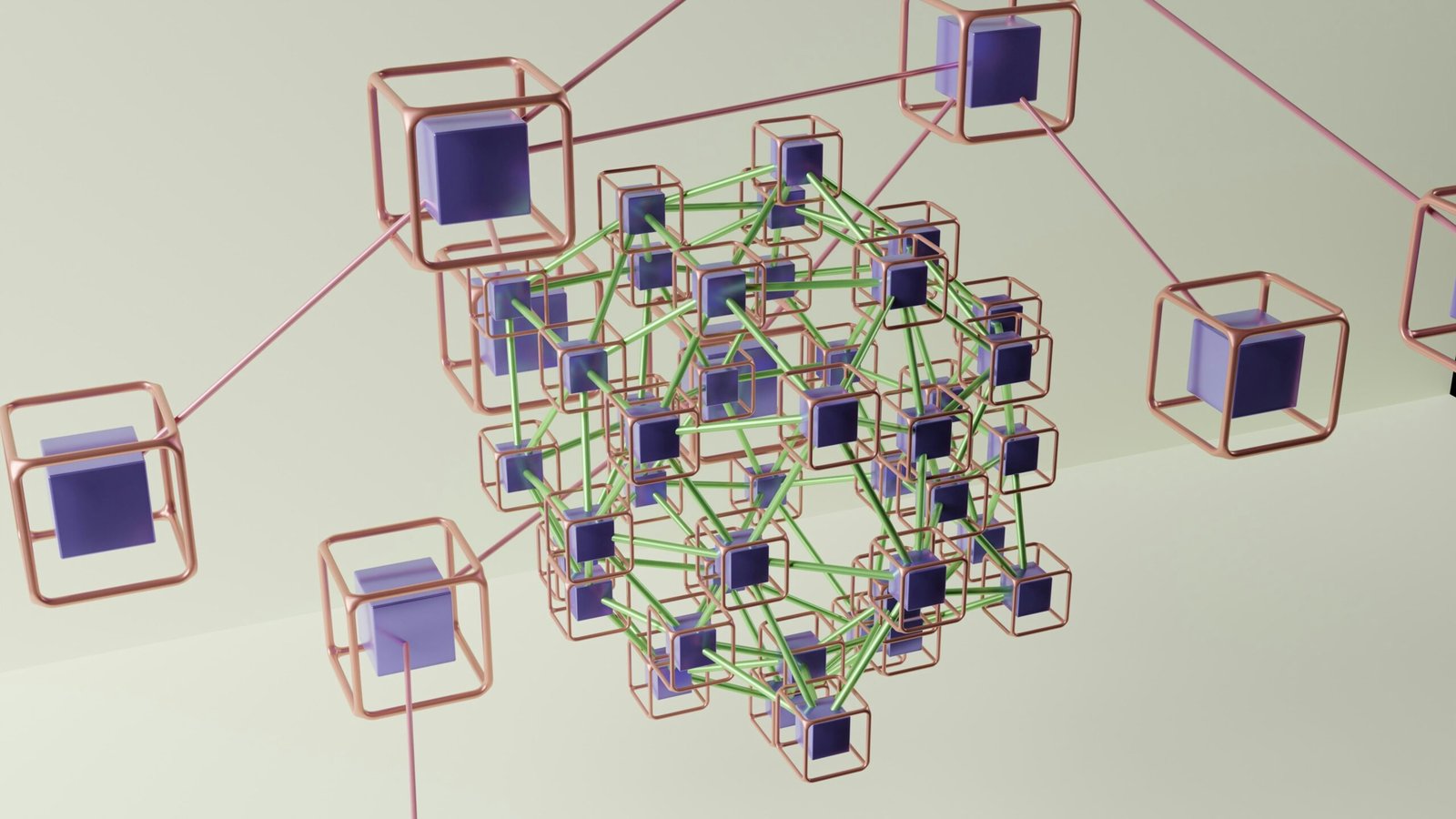Agentic Web: When Autonomous Agents Navigate the Internet
Imagine a world where your AI agent books your flights, negotiates subscriptions, filters spam, pays bills, and posts on social media—all without asking for your constant input. That world is not a decade away—it’s quietly forming now. Welcome to the Agentic Web.
🧠 What Is the Agentic Web?
The Agentic Web is an emerging phase of the internet where autonomous software agents—powered by large language models (LLMs) and connected to tools—can:
- Act on your behalf
- Make decisions
- Interact with websites, APIs, and each other
- Transact using tokens, crypto, or microservices
Unlike bots of the past, these agents are:
- Context-aware
- Goal-oriented
- Personalized to you
- Able to operate across many domains at once
🌍 Why Now? 5 Forces Driving the Agentic Web
1. 💬 Foundation Models
OpenAI’s GPT-4o, Claude 3, and Gemini 1.5 enable reasoning, planning, and tool-use across modalities.
2. 🔧 Tools & APIs Everywhere
The modern web is built for machines: GraphQL, REST APIs, Zapier, Stripe, Notion SDKs—agents can use these just like humans.
3. 🧠 Memory + Long Context
Agents now remember your preferences, history, goals. They can reflect, adapt, and retry tasks intelligently.
4. 🔗 Wallets & Tokens
Crypto wallets let agents transact autonomously: pay gas, subscribe, tip, buy assets, or vote in DAOs.
5. 🤝 Agent-to-Agent Communication
Standards like AutoGPT plugins, WebAgents, and LangChain agents allow agents to collaborate across domains.
⚙️ What Can Agentic Agents Do (in 2025)?
| Task | Description |
|---|---|
| ✈️ Travel Booking | Compare routes, book flights, get visa info, auto-file reimbursements |
| 📅 Calendar Management | Schedule meetings, negotiate slots, handle rescheduling |
| 🛒 E-Commerce | Price comparison, order placement, returns, tracking |
| 🧾 Bill Management | Pay subscriptions, cancel unused ones, budget across wallets |
| 🧠 Knowledge Search | Monitor web for research, summarize news, alert based on interests |
| 💼 Work Assistance | Write code, generate reports, file tickets, QA documents |
| 📣 Social Presence | Auto-reply to emails, summarize messages, post to social channels |
🔗 Key Building Blocks
| Layer | Components |
|---|---|
| Cognition | GPT-4o, Claude 3 Opus, Gemini 1.5 Pro |
| Execution Engines | LangGraph, CrewAI, Autogen, ReAct |
| APIs & Actions | Zapier, browser APIs, OpenAPI schemas |
| Identity | Ethereum wallets, Passkeys, Verifiable Credentials |
| Persistence | Vector memory (Chroma, Pinecone), scratchpads |
| UI/UX | Voice, chat, dashboard, web app overlays |
🌐 Example: How an Agent Navigates the Web
Scenario: You tell your agent:
“Plan a 5-day budget trip to Japan in November under $1,500 USD and alert me if flights drop below $400.”
Your Agent Will:
- Query Kayak, Google Flights, and Skyscanner APIs
- Track crypto prices and convert budget in real-time
- Check visa rules based on your passport
- Read Reddit or Tripadvisor for recent budget tips
- Save hotel options to Notion or send to Telegram
- Email you a final itinerary when conditions are met
And it does this without opening a browser.
🧬 Real Use Cases Emerging in 2025
🛠️ Developer Agents
- Monitor CI/CD pipelines
- Auto-diagnose test failures
- Submit GitHub pull requests
🧾 Personal Finance Agents
- Monitor credit card usage
- Detect hidden fees or duplicate subscriptions
- Auto-schedule utility payments via smart contracts
🧠 Research Agents
- Conduct literature reviews
- Write and cite whitepapers
- Alert users to new publications in arXiv, PubMed
📣 Social Agents
- Write branded tweets
- Schedule cross-platform posts
- Summarize DMs and comments across LinkedIn, Instagram, Discord
🔐 Challenges of the Agentic Web
| Challenge | Concern |
|---|---|
| 🧯 Safety | Agents can make harmful choices (e.g. delete data, spread misinformation) |
| 🔑 Trust | Users must control permissions and visibility |
| 🕵️ Privacy | Agents need access to emails, calendars, accounts—how do we guard abuse? |
| 📚 Legal | Who’s liable when agents act independently? You? The developer? |
| 🧠 Memory Bias | Hallucinations, false conclusions, or misaligned goals |
🔮 What’s Next: The Path to an Autonomous Internet
- Inter-agent protocols: Agents collaborating with other agents (e.g. task auctioning, marketplaces)
- AgentWallets: Smart contracts enabling agents to own and manage crypto autonomously
- Agent OS: Always-on local agents with vector memory, secure device access, and embedded LLMs
- Social agent networks: Your AI follows and collaborates with other people’s agents
- Semantic Web 2.0: Websites with structured “agent-readable” metadata (think Schema.org 2.0)








